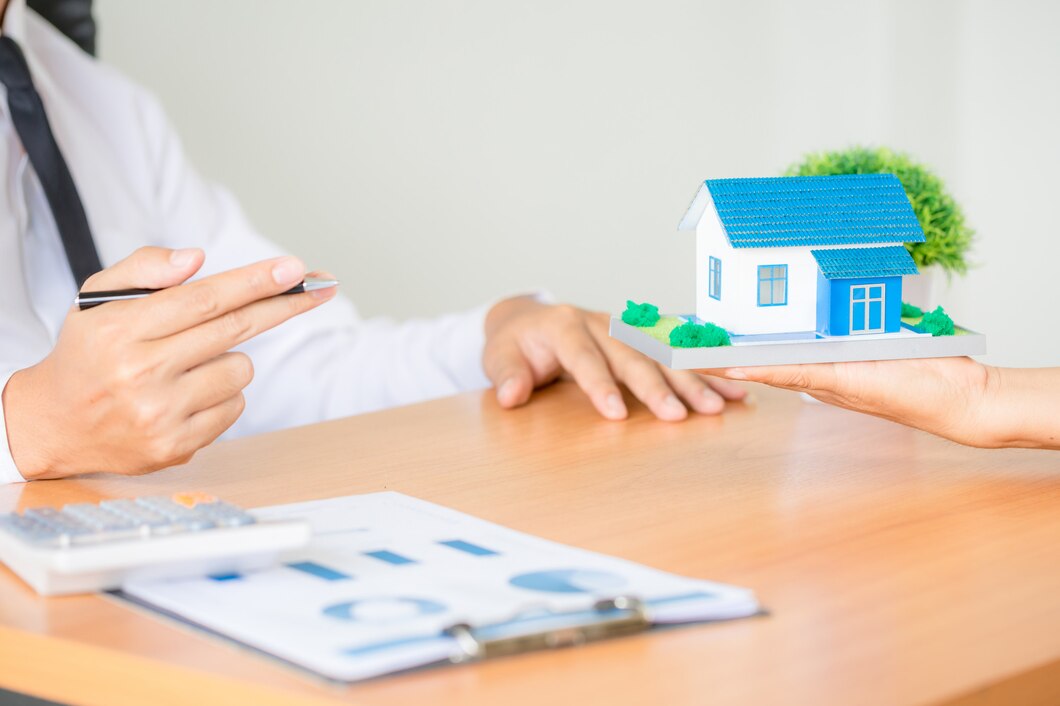Gaborone, the vibrant capital city of Botswana, is undergoing a remarkable transformation in its housing landscape, driven by modern architectural designs, smart housing solutions, and sustainable living initiatives. This evolution not only impacts the city’s skyline but also reshapes lifestyle choices, enhances environmental sustainability, influences community dynamics, preserves cultural heritage, and carries significant economic implications.
Gaborone’s skyline is evolving with contemporary architectural designs that blend functionality with aesthetic appeal. From sleek high-rise apartments to innovative housing complexes, architects are embracing modern materials and techniques that cater to urban lifestyles while maintaining a connection to Botswana’s cultural identity. These designs often prioritize energy efficiency, natural light, and space optimization, reflecting global trends in urban architecture.
Smart housing solutions are revolutionizing how residents interact with their homes and communities in Gaborone. From integrated smart home technologies that control lighting and climate to sustainable infrastructure that reduces energy consumption and waste, these advancements enhance convenience, comfort, and environmental stewardship. Residents are empowered to live more efficiently while contributing to a greener urban environment.
Environmental sustainability lies at the heart of Gaborone’s housing transformation. Initiatives such as green building certifications, rainwater harvesting systems, solar energy installations, and waste recycling programs are becoming commonplace. These efforts not only reduce carbon footprints but also promote a healthier living environment for residents. Sustainable housing practices in Gaborone serve as a model for other African cities grappling with urbanization challenges and climate change.
The shift towards modern and sustainable housing options in Gaborone is influencing lifestyle choices. Residents increasingly prioritize living spaces that offer comfort, safety, and connectivity. Proximity to amenities such as parks, recreational facilities, and shopping centers enhances quality of life, encouraging a more active and community-oriented lifestyle. Modern housing developments also foster social interaction and cultural exchange among diverse populations, enriching the city’s social fabric.
As Gaborone’s housing landscape evolves, so do community dynamics. Mixed-use developments and urban planning strategies promote inclusive communities where residents from diverse backgrounds coexist harmoniously. Efforts to preserve cultural heritage through architectural designs that incorporate traditional motifs and materials ensure that Botswana’s rich cultural identity remains integral to the city’s urban fabric. Community spaces and cultural events further strengthen social cohesion and promote cultural exchange.
The transformation of housing in Gaborone carries significant economic implications. Investments in modern infrastructure and sustainable development attract domestic and foreign investors, stimulating economic growth and creating employment opportunities in construction, real estate, and related industries. Improved housing conditions contribute to a higher standard of living, bolstering consumer spending and supporting local businesses.
Looking ahead, Gaborone is poised to continue its journey towards sustainable urban development and enhanced living standards. Ongoing initiatives in smart housing, green architecture, and community engagement will shape the city’s future landscape, ensuring that residents benefit from a harmonious blend of modernity, sustainability, and cultural heritage. As Botswana’s capital city embraces innovation and environmental stewardship, it sets a progressive example for urban centers across Africa and beyond.
The transformation of housing in Gaborone reflects a dynamic convergence of modern architectural designs, smart housing solutions, and sustainable living initiatives. This evolution not only enhances urban aesthetics and environmental sustainability but also enriches community dynamics, preserves cultural heritage, and fuels economic growth. As Gaborone continues to evolve as a hub of innovation and inclusivity, it stands as a testament to the transformative power of thoughtful urban planning and forward-thinking development strategies in shaping the cities of tomorrow.










